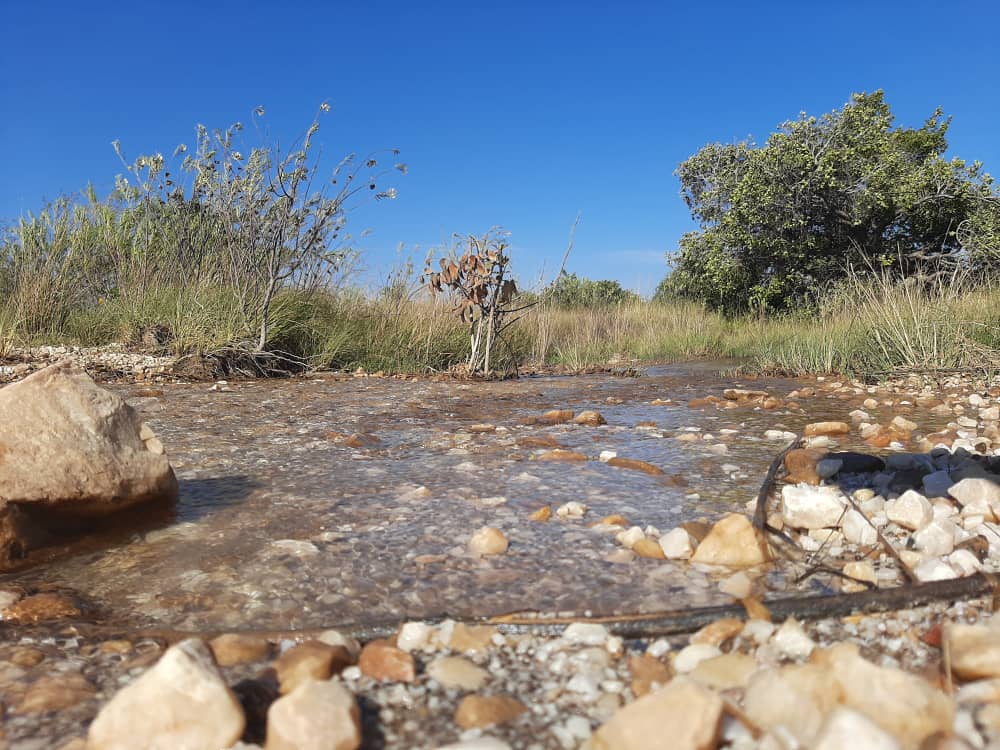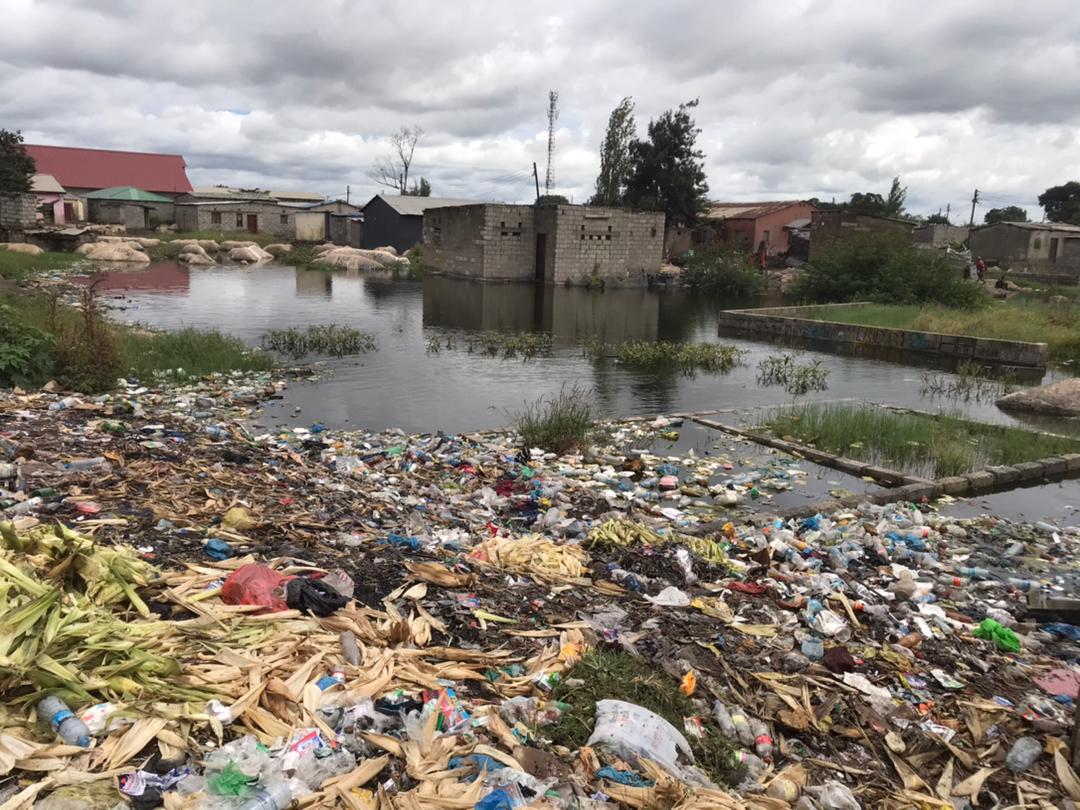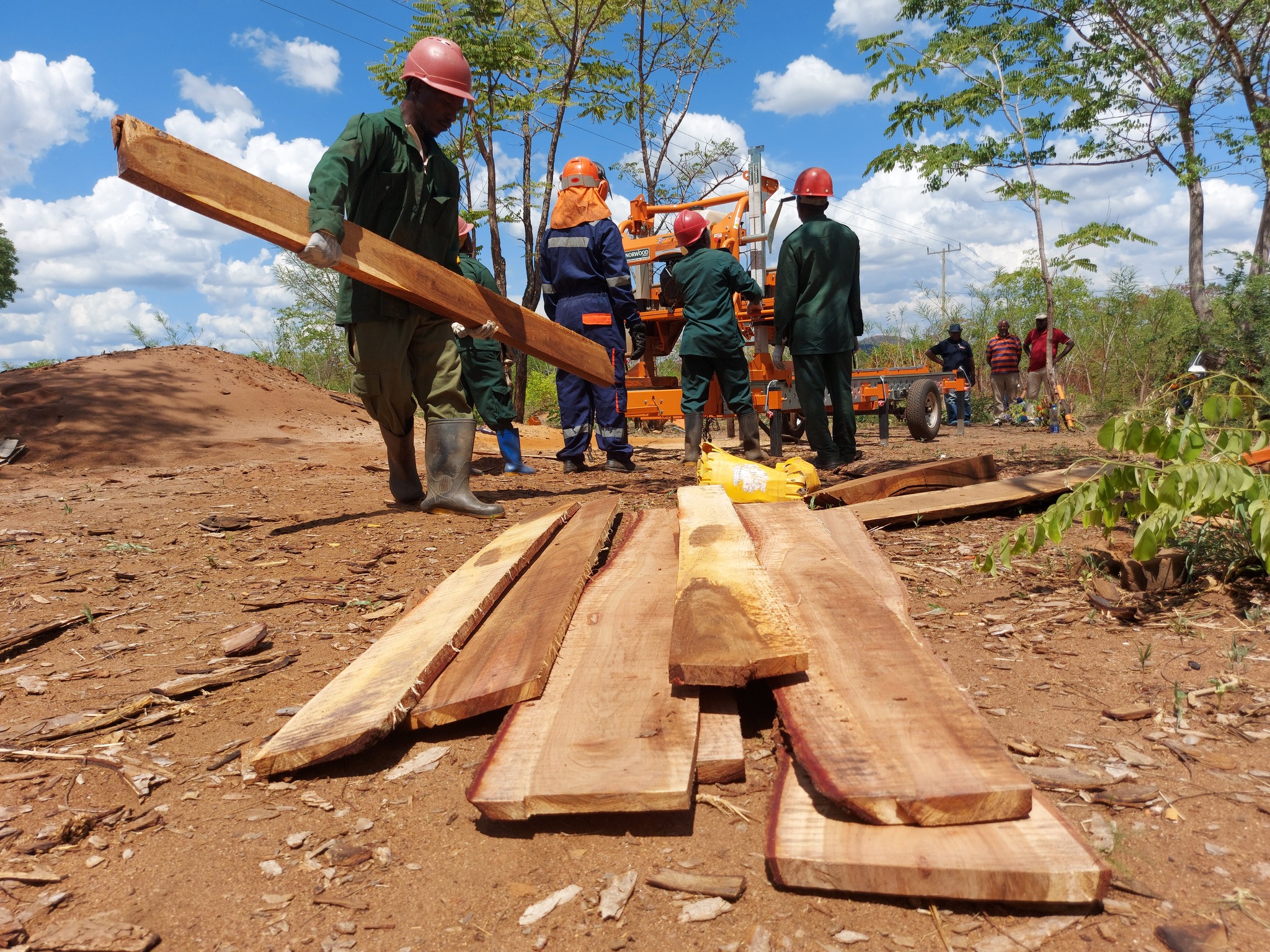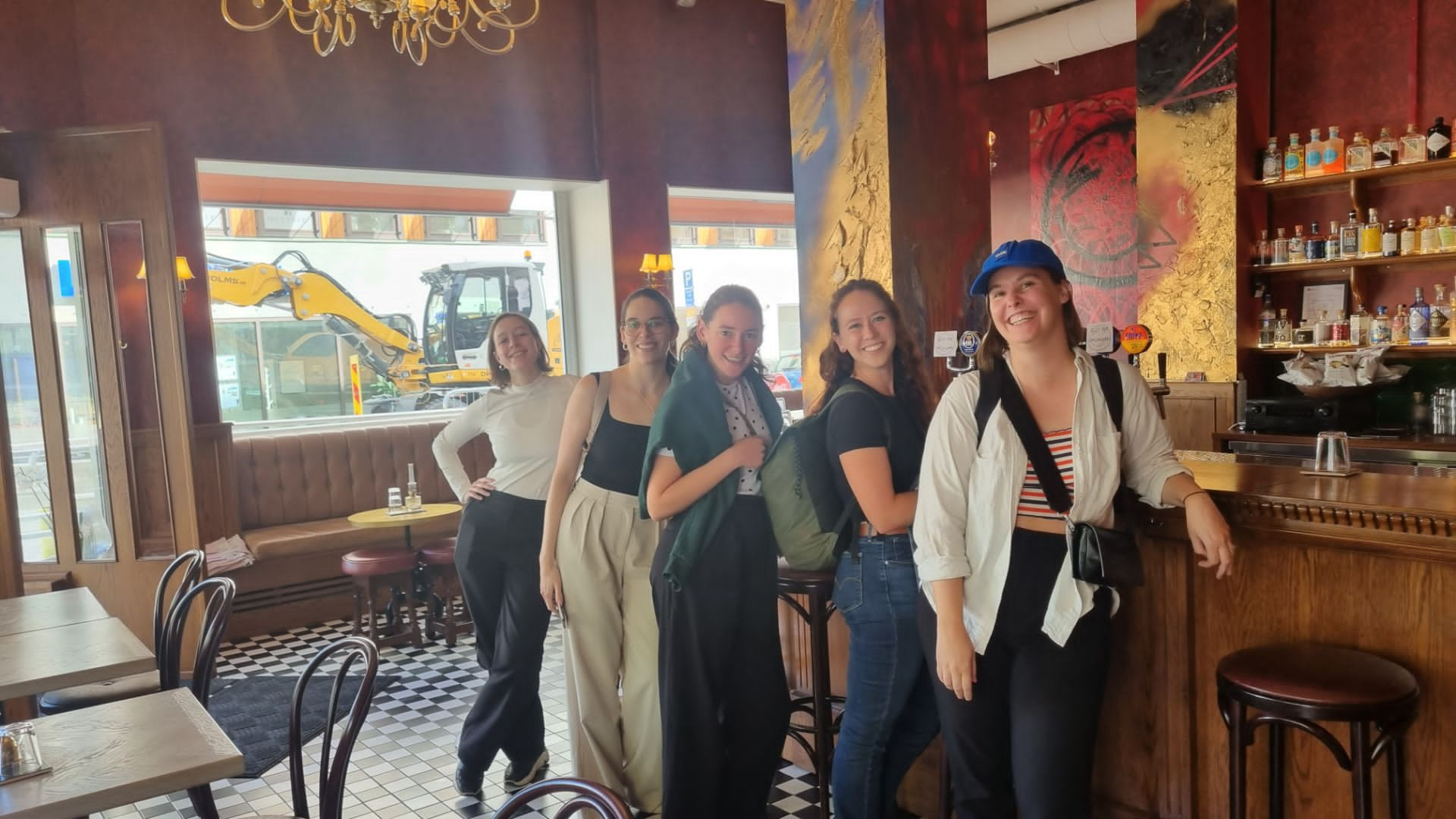
Building a better life for the residents of Lusaka
This year’s World Cities Day, celebrated on October 31st, focused on the importance of adapting cities for climate resilience. Building better cities for a better life requires creating more sustainable, climate-resilient societies that can continue to address the needs, challenges and opportunities of urban settlements.
The Cities and Infrastructure for Growth programme (CIG Zambia), implemented by Cowater International, has a strong focus on climate change adaptation and mitigation across a portfolio of projects. Our tagline, Making Cities Work for All, speaks to the programme’s aspiration to contribute to sustainable urban solutions for various communities. Our goal is to support Zambian government bodies and private sector organizations engaged in projects that aim to harness the potential of Zambia’s cities and towns to act as drivers for economic growth and job creation.
CIG Zambia is supporting Zambian authorities in this effort by focusing on two major areas of intervention:
1. Advancing energy-efficient solutions to reduce costs, improve urban safety and social services
As the population of Lusaka increases, so does demand for quality infrastructure and municipal services for all. Energy efficient street lighting is a solution that builds economic resilience in Zambia’s rapidly growing capital city.
CIGZambia and its partners, the University of Zambia (UNZA) and Electricité de France, were awarded a EUR 2 million matching grant from the European Union to implement the Lusaka Energy Efficient Streetlighting Project. The project replaced over 3,700 Lusaka City Council streetlamps with energy efficient alternatives, reducing the council’s bill by 25 percent. Besides contributing to Lusaka’s climate resilience, energy efficient streetlights are critical for night-time safety, especially for women and girls. Better lighting contributes to extending working hours for market-traders, and businesses in the hospitality sector, leading to higher incomes and employment growth.
Good street lighting can also save lives by reducing road traffic accidents. In Zambia, 40% of road accidents occurred at night despite much lower levels of traffic at night than during the day.
Finally, energy efficient street lighting, along with other energy efficiency measures, reduces the load on the electricity grid. This means power cuts are less severe and diesel generation is used more sparingly, so carbon emissions are lowered. Learn more about Cowater International’s support to improving streetlighting in Lusaka.
2. Supporting the management of Lusaka’s water resources
A 2018 study by the International Resource Panel suggested that among other interventions to help cities prepare for rapidly expanding populations, investing in water is a key consideration. In Lusaka, this means planning for a population of almost 2.8 million people. Similarly to many rapidly-growing cities in Southern Africa, Lusaka’s population growth and expansion of manufacturing industries has not been matched by the development of water infrastructure. The expanding gap between demand for water and water supply is a challenge that the Lusaka Water Supply and Sanitation Company (LWSC) aims to address in partnership with Cowater International in the Lusaka West region of the city.
Lusaka West is home to both industrial and residential consumers. It is an area that faces major challenges to water security. Meeting the demand for water in Lusaka West requires a sound solution that meets the needs and rights of the community and commercial water users in a way that considers social and environmental factors and can attract financing.

Access to clean water is a challenge for many parts of Lusaka
LWSC aims to deliver safe water to communities and businesses in Lusaka West through an ambitious project to extract water from new boreholes. This initiative, called the Lusaka West Water Supply Project (LWWSP), is an example of a successful collaboration among public sector actors, local businesses, civil society, and international development partners to co-develop a solution to the water security challenge in the area.
Analytical and technical assistance support is helping LWWSP attract needed investments to ensure full implementation of a sustainable water supply system, and will result in new jobs, healthier communities and improved protection of water resources. Learn more about Cowater International’s efforts to support water security in Lusaka West.
Adopting an integrated, holistic approach to enhancing the delivery of basic public services, while addressing climate risks and improving water resource management is a critical consideration in Cowater International’s approach to supporting Lusaka’s efforts to build a better life for its residents.
Related Content
Tanzanian–Finnish collaboration supporting a ‘use it or lose it’ approach in Tanzanian Community Based Forest Management
The Governments of Tanzania and Finland have worked together in partnership for decades in the forestry sector in Tanzania. Since 2018, through the Forestry and Value Chains Development Programme (FORVAC), […]
Accelerating development through Sustainable Public Procurement
Sustainable Public Procurement promotes practices that are sustainable and in accordance with national policies and priorities. With the imminent target of Agenda 2030, governments and organizations around the world are […]







